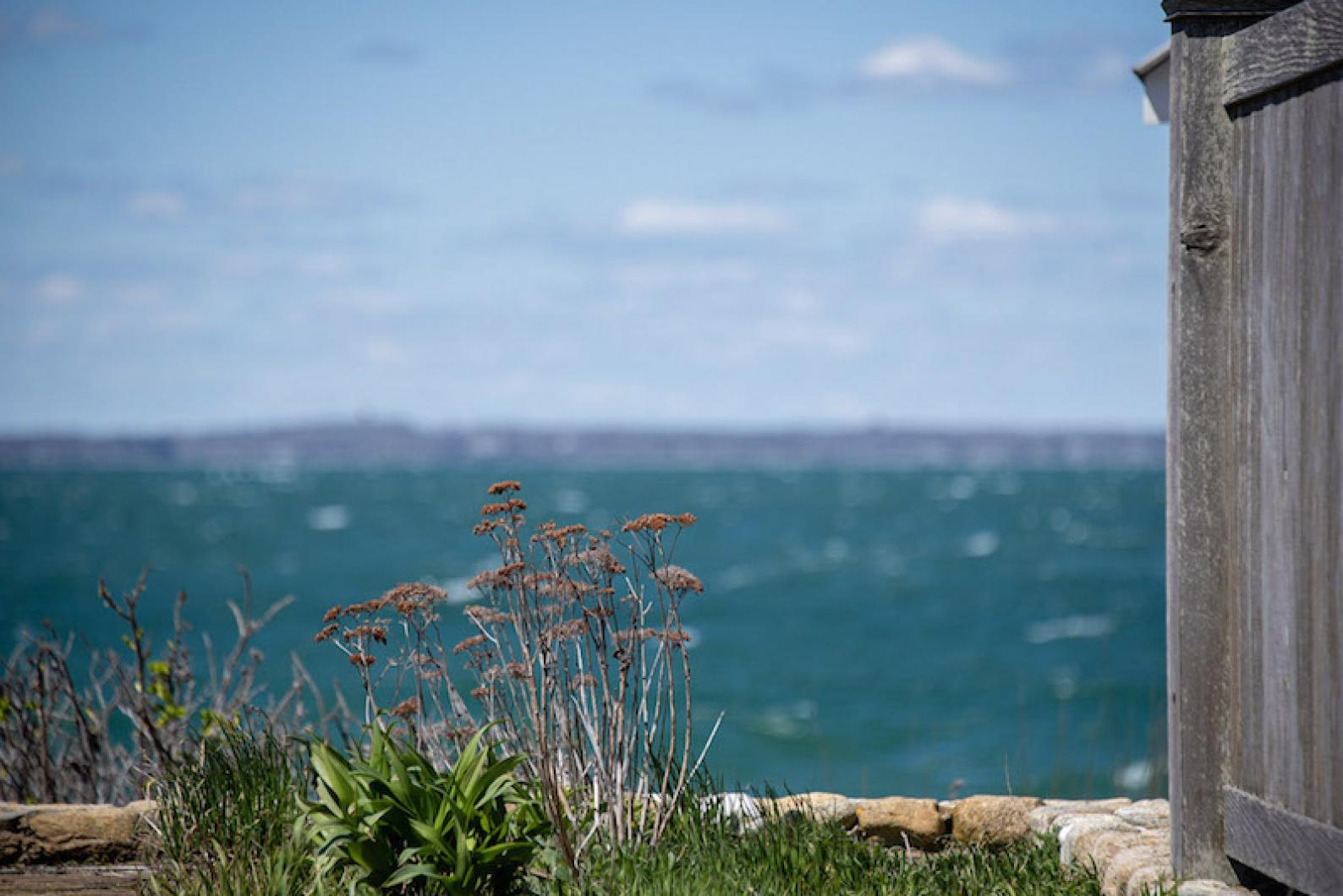Shrinkage.
Let’s start with time. As T. S. Eliot wrote some 70 years ago, “In my beginning is my end.” No species is better than homo sapiens at transforming our end into “ends” that we pursue as precious projects. Normally, we’re awfully good at this, as Eliot himself recognized in the same poem (Four Quartets): “distracted from distraction by distraction.”
We go through our days at best half aware that we are, each day, a bit nearer to a terminus. Distractions abound, and even the poorest of us buys into them cunningly, in wholesale quantity. But time in the era of Covid-19 is different. It has shrunk. We may still have huge amounts of it in front of us, but we can no longer fantasize it as unlimited. The daily papers and TV news scream out at us the opposite. People in great numbers are dying everywhere. So time has shrunk, or better yet it has revealed its uninsurable character. We know, anew, that it will in time run out.
Space has shrunk as well. Even if we are in our cars as much as ever, our driving habits have altered. Most of us return home within minutes or hours of leaving the house. No ferries or trains or airplanes beckon; nothing exotic is on the horizon. The voyage out swiftly becomes the voyage back. Our experience of space is no longer measurable in straight lines, outward and away, but in curved lines enforcing return. Our world has become circular, and the repetitive events that now punctuate it reveal its unchanging character. We see up close, maybe too close, the routines that compose our identity. Inescapably, this registers in part as cabin fever that we fear will worsen.
There is shrinkage in our cast of characters as well. The people we see daily (and you can likely count them on one hand) are the only ones we really see. There is of course a larger cast of others, those we keep six feet from us as they fill our car’s gas tank or place our groceries within pickup distance. We see them glancingly, our faces half covered, as we pass in each other’s space only for the time it takes to say “thank you." Reduced to footnotes or grace notes in our current lives, they fleetingly remind us of how much more wide-angled life used to be. But we’re down to zoom-lens basics now: spouses or partners, parents and children. No one else need apply.
Every morning I awaken and make a pot of coffee for my daughter who is staying with us, my wife who loves her morning cup, and myself. This ritual does not vary, nor do its participants. Whoever you share your home with now, as you read this brief piece, this is your select circle. Select, yet also selected. You are probably seeing, in those few faces, your own deepest choices and their consequences. Moreover, this closure may be as fruitful as it is claustrophobic. The kinds of centering we are experiencing this spring are extraordinarily instructive. We now know (as never before) who counts in our life, who must be contacted every day or so. The throwaway tag at the end of our phone calls, (love you!) no longer feels throwaway. Whatever is threatened reveals its value. Must what we love be under siege for us to recognize how much we love it?
This time of crisis is extraordinarily provocative. More reading and writing will get done during it. More painting, more composing, just plain more thinking than in kindred (but less menaced) seasons. More children will be conceived. More unions will either strengthen or start to unravel. It is as though our life had entered an “incubator” stage. The air is suddenly (and literally) clearer, there is more oxygen in it. Things are more intense; incubators are spaces of promise.
Eliot knew this unanticipated renewal as well. In the same poem he wrote: “In our end is our beginning.” What could be more auspicious than his shift from “my” to “our”?
Philip Weinstein is the Alexander Griswold Cummins professor emeritus of literature at Swarthmore College. He lives in Aquinnah.




Comments
Comment policy »